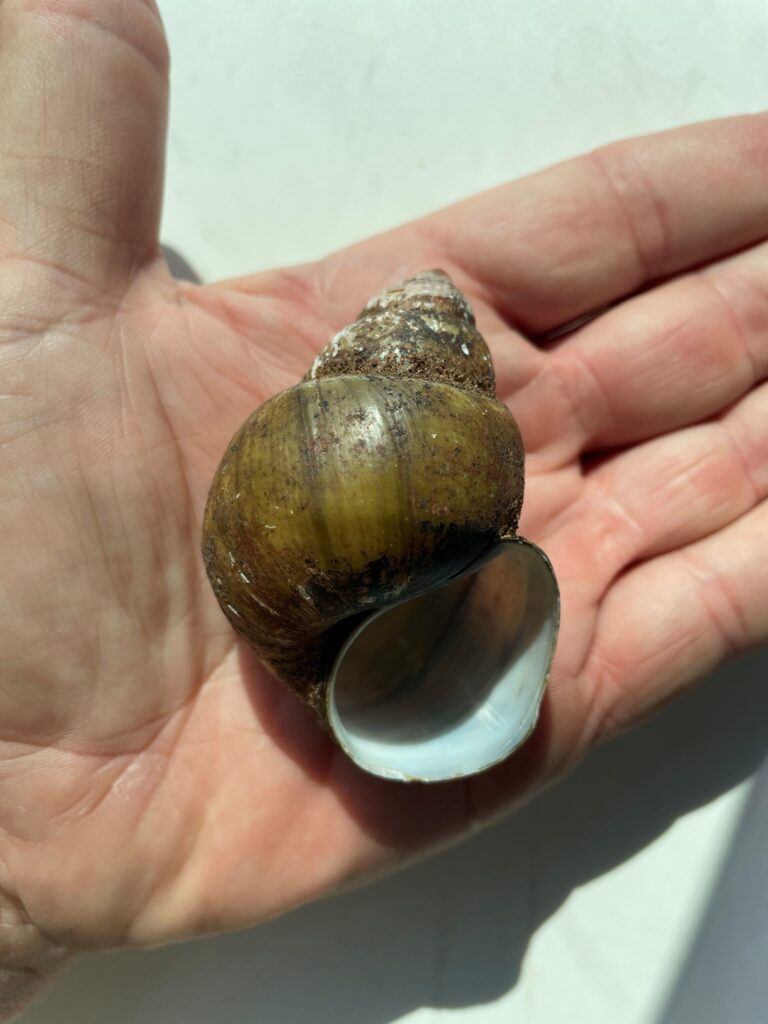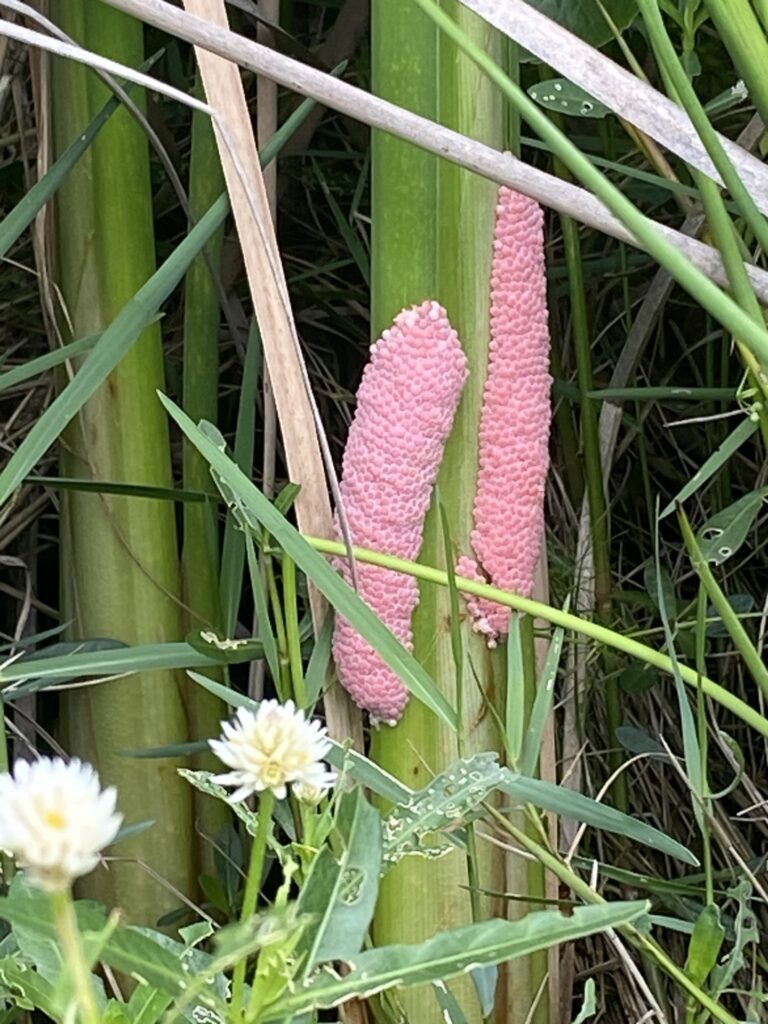
Something That Pulls Back
- By The Fishing Wire
By Mike Frisch
My fishing career started with me trying to catch panfish like crappies and bluegills and chasing bullheads from the local river near the small North Dakota town where I grew up. That’s right, bullheads! As I got older, I graduated to the more sophisticated walleye as my species of choice and later became intrigued by largemouth and smallmouth bass.
As a former fishing guide, I dealt with lots of people who might only fish a time or two a year and that made me realize more and more that it really doesn’t matter what species of fish it is on the end of the line for most anglers. In fact, many just want “something that pulls back.”
Because like my former guide clients I just want to “get bit,” I have developed more of an open mind when it comes to fishing. Rather than always targeting my “favorite” fish species, I find myself looking at time of year and what species is at peak bite for that particular time frame. Not only has this change increased the number of fish I catch, but it’s made me a better overall angler.
For example, early spring is peak panfish time and often my fishing involves simple slip-bobber fishing trips to shallow water areas where panfish congregate to feed. Not only is this easy fishing, but it also offers the first open-water fishing of the year as it often peaks before the actual game fish season opens.
Once gamefish like walleyes and northern pike become legal, walleyes are often a focus as they are usually easily accessible in the shallows to mid-depths at this time and often are on a post-spawn feeding frenzy. Fishing a small jig tipped with a shiner or fathead minnow is a simple, but lethal way to feel a walleye pull back during this time.
Panfish and walleyes offer good fishing during spring and early summer. Once the water warms and weed growth begins in earnest, these fish are often a bit tougher to find and catch. At this time, however, largemouth bass are often schooled along weedy cover and are fairly easy to catch.
A simple jig-worm combination featuring a small jig and small soft worm trailer catches bass during this time. Back when I guided we called this a “jig/worm,” now it’s often referred to as a Ned Rig. I often write about the Ned Rig for two reasons. First, it’s an easy combination to fish and, second, it catches lots of fish! Not just bass, but big panfish, northern pike, and the occasional walleye will often readily bite a small worm fished on a light jighead.
A few years back, my Ned Rigging success got even better with the introduction of a bait called a Ned Ocho. This 2.5” coffee-scented bait flat out catches bass, largemouth and smallmouth. Plus, pike, walleyes, and big panfish all eat it frequently too!
Once summer wanes and fall patterns begin taking hold, walleyes often take the spotlight again. Now I go back to the simple jig and minnow presentation a great deal. A small sucker minnow on a jig fished along weedlines catches walleyes, but it is sure to draw the attention of any nearby northern pike or bass as well!
The excitement of a fish biting and pulling back is a big reason many people fish. While some are died-in-the-wool “walleye guys” and others are “bassheads,” there are those who just want to feel something “pull back,” regardless the species. Keying in on some of the patterns presented here can hopefully help anglers do just that. As always, good luck on the water and remember to include a youngster in your next outdoors adventure!
Mike Frisch hosts the popular Fishing the Midwest TV series on Sportsman Channel, World Fishing Network, and FanDuel Sports. Visit fishingthemidwest.com to see TV schedules and all things Fishing the Midwest!
PHOTO – The Ned Ocho shown here is a dynamite multi-species bait!



